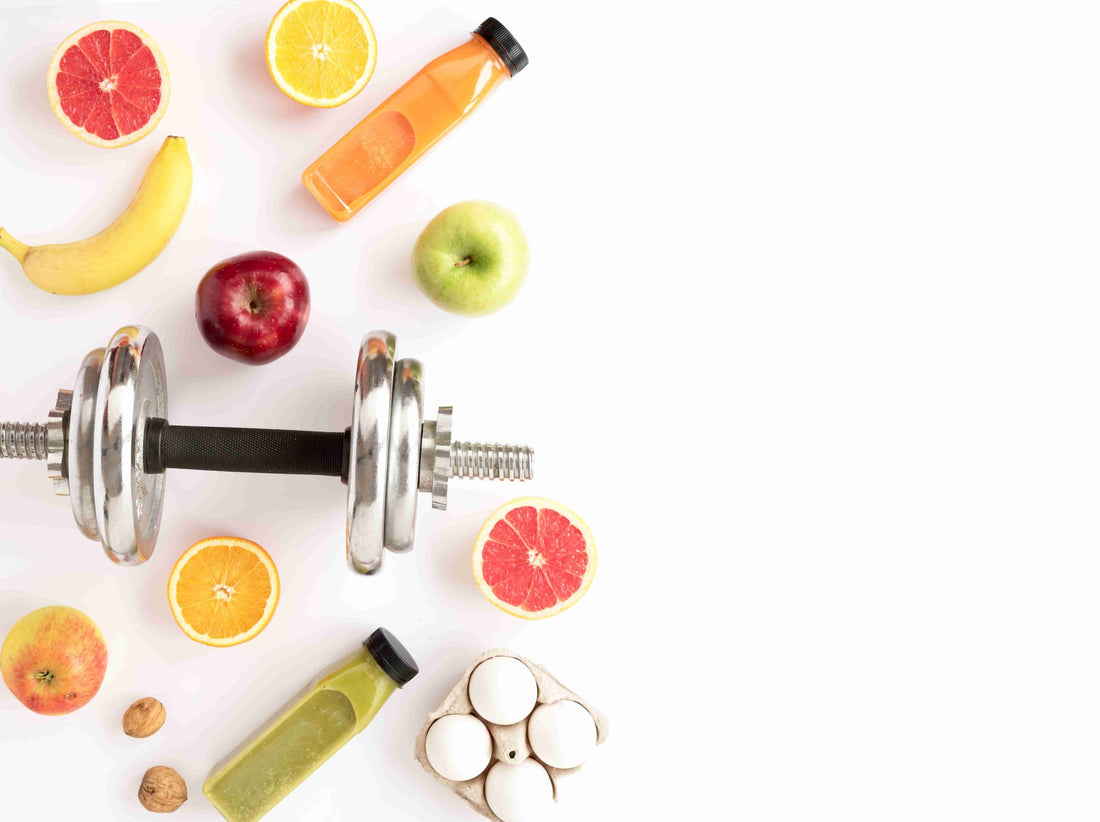
How Can A Person's Diet Affect Their Performance In Sports?
Diet has a big influence on athletic performance. Even the best-conditioned athlete might be hampered by a lack of calories and nutrients, whereas the perfect balance of energy and macronutrients will enable every athlete perform at their best. Dietary requirements differ depending on one’s age, gender, body shape, and sport. Consult your doctor, dietician, or coach to assess your specific nutritional needs. So, how can a person’s diet affect their performance in sports?
Calorie Requirements
The most crucial part of sports nutrition is calorie intake. A calorie is a measurement of energy that your body uses to power all of its operations and activities. The higher an individual’s level of activity, the greater their calorie requirements. A marathon runner, for example, will use significantly more energy than a golfer. A lack of calories can make athletes feel lethargic and weak, as well as impair coordination and focus.
Macronutrients
Athletes must eat a diet that balances the three macronutrients: carbs, proteins, and fats, in order to perform at their best. Most athletes require a diet rich in healthy carb sources, such as oatmeal, brown rice, whole grain pasta, fruits, and vegetables, because carbs are the body’s main fuel source. Proteins are required for the construction and repair of muscle fibers that are broken down during exercise. Fish, chicken breast, lean meat, eggs, and low-fat dairy are all good sources of lean protein. Fat is an important part of a balanced diet, but it should be consumed in moderation. Stick to high-fiber, low-saturated-fat foods like almonds, almond butter, and olive oil.
Additional Effects
Changes in Weight
Though weight loss may be the goal of your workout, poor diet can lead to unwanted and perhaps harmful weight loss. Without sufficient nourishment, you will lose muscle mass as you continue to train. Depending on the specifics of your food, training, and genetics, you may develop or reduce body fat at an unhealthy rate.
Suppression of Immunity
Your body produces stress hormones as a result of training. These cause your body to release energy stores like body fat and raise growth triggers in the near term. However, if your stress hormone levels remain high, your immune system will be compromised. Low blood sugar, which is caused by the depletion of liver glycogen (carbohydrate energy storage), has a significant impact on stress hormone levels and immunological function. However, overconsumption of specific carbs, according to a study published in the “Nutrition Journal” in 2014, can be harmful (like those in processed foods). Eat a well-balanced meal that is tailored to your body mass and activity level’s carbohydrate requirements.
Recovery Takes Much Longer
Muscle injury is caused by training at a controlled rate. Muscle mass gain, as well as greater strength and endurance, are the results of your body regenerating stronger muscles. According to nutritionist Dr. John Berardi, the first two hours after training are crucial for exercise recovery. After training, demand stays strong for at least 24 hours. If dietary requirements aren’t met during this time, recuperation will take days or weeks.
Poor Performance
Training and competition necessitate a lot of energy, which your body gets from carbohydrates, lipids, and protein. Your body will not be able to perform at top levels if you do not consume enough of these macronutrients in your diet. Carbohydrates are the primary source of energy for strength exercise. During intensive workout, your muscles break down their own protein to feed themselves. Both lipids and carbohydrates are consumed during endurance training.
Fast Fuel Meals also offer performance diet for athletes. Click here to learn more.
